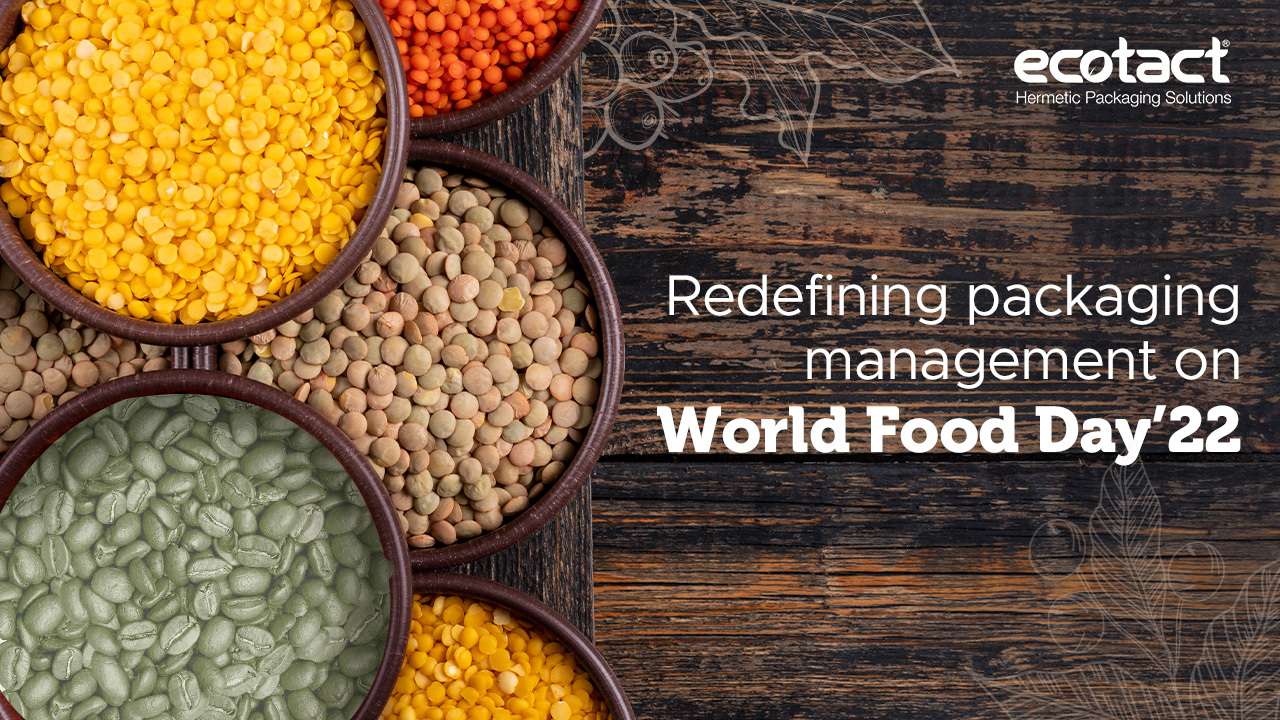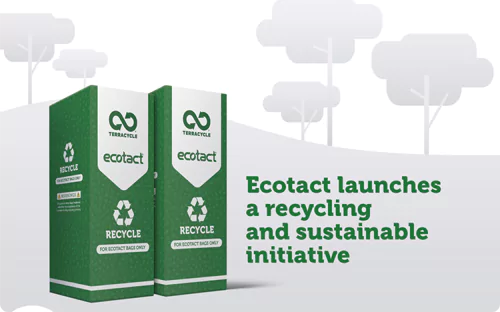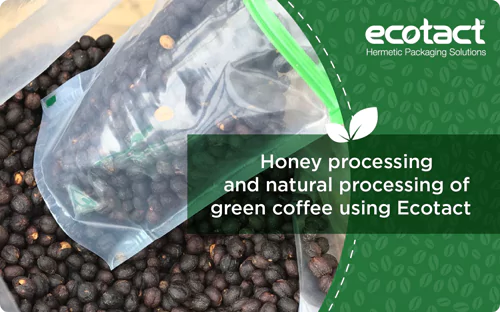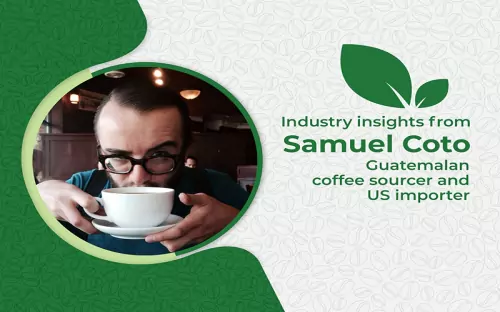Despite the ever-growing progress we are making in order to build a better planet, something still needs to be acknowledged and rectified. Countries with low HDI, innovation and to a large extent, economic growth are seeking attention. Millions of people around the world are still not able to afford a basic diet, let alone a healthy one which puts them at high risk of malnutrition and food insecurity, as per the USDA.
While a major part of the world survives with food insecurity, it happens as several billion dollars worth of crops is wasted every year due to poor cold chain facilities and poorly managed logistics. While this is a commonly found average in most countries, the global figures are overwhelming. Speaking of global statistics, 1.3 billion tons of food is wasted every year, which is enough to serve around 3 billion people, as per a report by the Food and Agriculture Organisation.
The food industry systems have recently been threatened by the wastage of food. Sadly, when food is squandered, all the raw materials and services utilised in creating it, such as labor, land, capital and machinery are ultimately wasted as well. Consequently, such massive wastage has serious repercussions on food availability and security alongside the ever-rising food cost.
Managing crops safety from scratch to end
When there’s a lack of proper chain management and storage facilities, exports, transportation, and adequate processing facilities it leads to the wastage of crops. As a result, an immeasurable amount of food is wasted and dumped into land & water. On the other hand, of the total cereal production, a large part is stored openly & exposed to moisture, harmful sunlight and a lot of other environmental attackers. The crops change their physical and chemical properties which makes them unfit for consumption. Be it the process of growing the crops or transporting them from one place to another, they are always susceptible to putrefaction.
When it comes to the packaging industry, food transportation and storage are strongly interrelated. This is mainly because transporting any food crop over long distances needs to ensure zero spoilage en route. Thanks to the advancements made in transportation technologies, they play a significant role in producing a higher share of crops. Careful consideration is required to ensure that long supply chains export crops are in their freshest state since the day of harvest on distant regional farmlands. While crops are produced in geographical heterogeneity in different regions, types of climatic conditions, and soils with varying aquatic productivity, it becomes essential to ensure a presence of a reliable medium that is popularly tossed around as sustainable packaging and storage. Various brands such as Ecotact are proving to be the industry's one-stop solution by working in harmony with the environment to create more awareness about sustainable packaging.
Ecotact goes the extra mile towards food security
While globalisation is here to stay, the economies are now more interconnected than ever. What exists is a kind of chain that is made up of several sub-components that are interlinked and interdependent. In the face of a world crisis, global solutions are the need of the hour that boost better food security and a better environment. In order to achieve them, the focus should primarily be on revolutionising the agrifood systems by simply designing sustainable and holistic solutions. With Ecotact storage bags and packaging, it serves as a one-stop packaging solution for a sustainable future. Industries with natural food, pulses, rice, spices, coffee, etc. require premium quality packaging solutions in order to eliminate landfills and create a reputable eco-brand value.
How has Ecotact revolutionised food packaging
Ecotact has redefined food storage and packaging around the world. The specialised storage solution is meticulously designed to keep the grains farm fresh by crafting strong, durable and eco-friendly bags with a 9-layered high-barrier hermetic packaging layer to preserve and protect premium specialty coffees. The packaging bags are created innovatively to make them easily accessible by regional farmers, smaller businesses, larger farms and global organisations. Alongside the recyclability and easy access, these bags have a long shelf-life of up to 365 days and sturdy air-tight packaging. With a wide range of product portfolio including Container liners, Troiseal bags, Sterile vacuum bags and many more, Ecotact ensures that the food grains remain just as fresh as they were on the day of the harvest till the day they are consumed by the customers, i.e during the entire phase of storage as well as transit.
 English
English
 Spanish
Spanish French
French German
German


